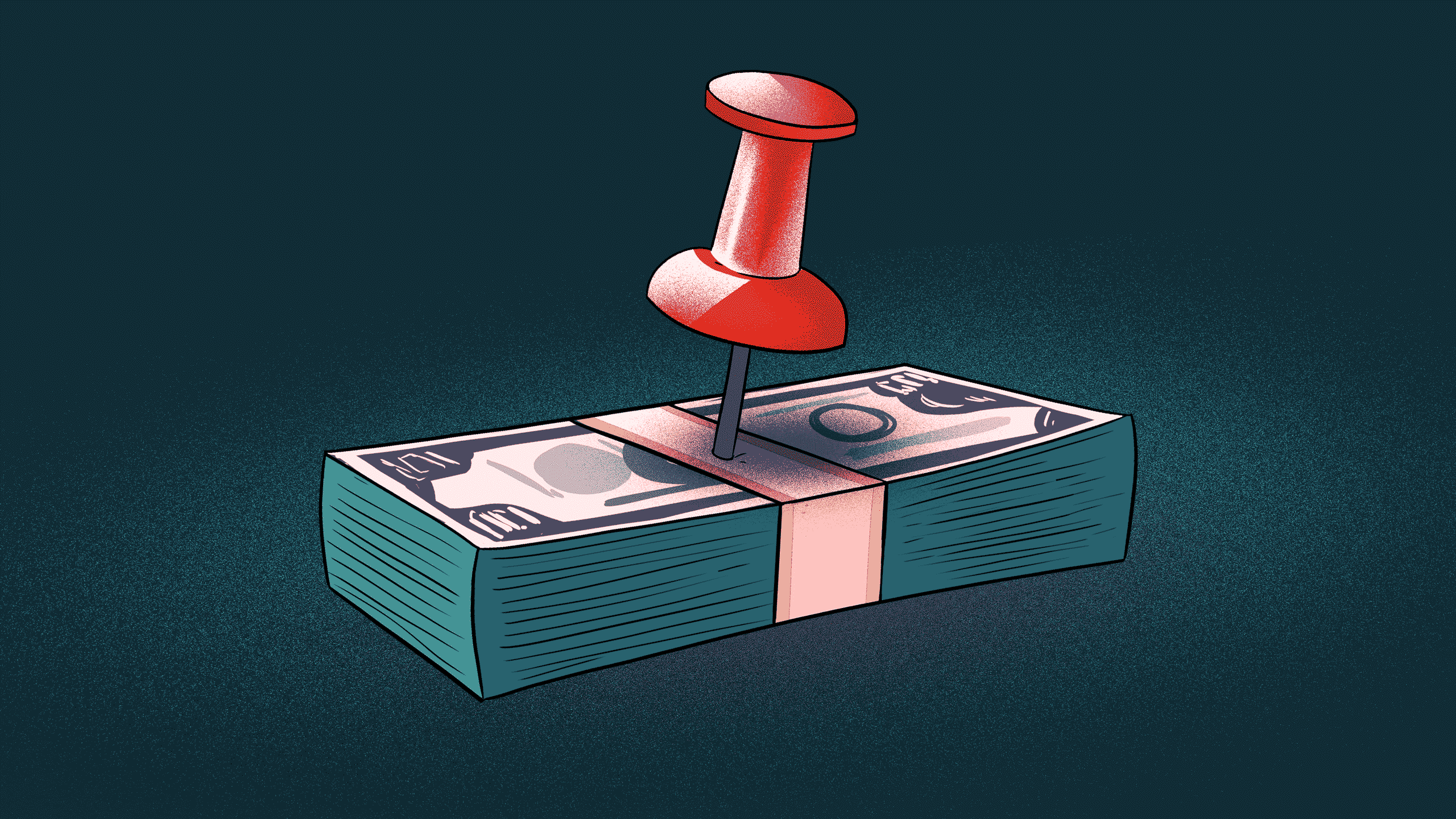At work, and especially as an entrepreneur, distractions that derail your productivity are everywhere. At any given moment, it can feel like you have 100 things to do, along with 100 different people and projects vying for your attention––and how is a person supposed to get anything done in an environment like that? Understanding how to increase productivity is probably the biggest challenge of every startup founder.
Entrepreneurs must learn how to limit or combat the distractions that pop up every day so they can remain efficient and productive.
Focus on the things that matter and let Crunchbase Pro do the research for you – try it free.
Over the course of my startup career since graduating from college, I’ve spent a lot of time thinking about how, exactly, to do that. In the process, I’ve developed certain strategies for staying focused and protecting myself from distractions. Although some are painful to put into practice, they’ve helped me immensely.
Here are a few of the most impactful.
5 steps on how to increase productivity
1) Stop feeling the need to take every speaking engagement or go to every networking event.
The first step in learning how to increase productivity is to remember to say “No” more often.
Look, speaking engagements require a lot of preparation and time––time that then won’t be spent building your core product, say.

Photo source: Ceriza, Get rid of distractions and become a more focused entrepreneur
Yes, it feels good to get invited to speak somewhere, especially if the project you’re working on is still in its early stages––it makes you feel legitimate and important––but you have to learn to put your ego aside and commit yourself to engagements that bear a direct and tangible benefit for your business. If you don’t, you’ll continue expending time and effort on these superfluous engagements which don’t, ultimately, bear much fruit for your company or yourself.
2) Limit your obsession with reading TechCrunch, Hacker News, and other industry news.
For both entrepreneurs and employees, there’s no more dangerous source of distraction than the internet.
What we should all do, then, when we feel that impulse to navigate to our favorite tech blog, is step back and ask ourselves: is reading these articles actually adding value to our companies? Or are they just vehicles for procrastination? Are we learning anything by reading these articles––consuming every drop of news coming out of the tech industry––or would we be better served by acting a bit more purposefully in self-education?
Unless you’re a VC and every piece of tech news really is important to your job, the answer is likely the latter.
3) Don’t become obsessed with keeping tabs on your competition.
In a similar vein, we don’t actually need to know about every little thing our competitors are doing.
Unfortunately, we’re sort of hardwired as people to insist upon staying so informed about our competition––mostly for comparison’s sake. So we obsess over each piece of news that comes out regarding what our competitors are building, how much they’re raising, when they’re exiting, etc.
Keep tabs on your competition efficiently with Crunchbase Pro – try it free.
The problem is, comparing ourselves with our competition in this way for the most part only distracts us. Plus, it can lead us down the wrong path. Creatively, for example, it can compel us to forget about our competitive advantages and instead try and clone whatever everyone else is doing, because that’s what seems to be working.
This is a mistake my co-founder and I made with our first company, TrackingSocial. We had a very clear value proposition going into it. However, since we were so focused on what our competitors were doing, we lost sight of that. We thought we needed to offer everything our competitors were offering in order to, well, compete with them.
The truth, however, is the opposite: really, you just need one effective and unique idea or feature to succeed. Identify what that is, and then focus on making that competitive edge as sizable as you can. Everything else is a waste of time.
4) When you need to do “deep work,” unplug from email, messenger, etc.
Many of the projects you work on day-to-day require deep and consistent concentration. Deep work, in general, takes a while to settle into. It can also be broken by as little as an innocent email notification. The best way to understand how to increase productivity is to eliminate all workplace distractions.

It’s crucial, then, that you identify what kind of work on your plate requires such deep concentration, and that you then protect your ability to do that work by setting the time on your calendar specifically for completing it. This means a time when you’re not answering emails, Slack messages, or texts from colleagues. It will ensure you’re able to focus.
Sure, this can be difficult, since as a company leader you likely want to “be there” for your team. Additionally, this strategy sets precedent within your company that questions and requests will be addressed in order of priority and importance. Ultimately your team will learn to filter what items warrant attention now versus what can wait until later.
All in all, this forces your teams to think through and solve problems on their own. It’s a matter of teaching your team to discern between big fires and small fires––problems which need immediate resolution right away and more trivial issues which might themselves be distractions in disguise.
Phil Knight in Shoe Dog talks about how this sort of “unresponsive” management strategy accomplished exactly that––and, in effect, created within his ranks more “product/process owners.”
5) Decline meetings when possible––and instead have them over email (not Slack or messenger).
Finally, we come to maybe the most dangerous distraction of all: meetings. The best way to increase productivity? Have no meetings! 😉
Everybody loves in-person meetings. They give us the false perception that we’re doing something. Much of the time, however, they’re relatively ineffective, in addition to being inefficient. Many of the in-person meetings you either host or find yourself roped into during the day could very well be executed over email––and more effectively at that.
Forcing a person to present an idea, opinion, or summary via email forces them to more purposefully organize their thoughts. Plus, it gives respondents real time to think things over before making a decision or providing an opinion.
Personally, I refuse many meeting requests. I ask that they are conducted over email unless the meeting has been scheduled to announce or finalize a decision. Everyone should arrive at the meeting with data and prior thought. I need to know that it will not just be a brainstorming session, or a chance to summarize something with no actionable conclusion.
Why? Because I know how much of a distraction those meetings can be. Not to mention all the man-hours wasted.
So now that you understand how to increase your productivity, know it may prove painful to implement.
Ultimately, making these adjustments to increase your productivity might prove painful.
And they’ll require, among other things, honest reflection. When you take a step back and look at the way you and your team do things, you may find that many of the distractions you combat throughout the day are a product of your own unproductive propensities. It may be shocking, in other words, to see how much time you personally are inadvertently wasting.
When you are looking back at your startup, you want to feel like you gave it your all, not that you could have done anything more or could have been more productive. And that is why it is so important to have this honest reflection sooner than later.
Alex Paley is a Head of Studio at Glu Mobile, where he runs a studio of about 30 people and concentrates on real-time multiplayer games. Previously, he was the co-founder of Dairy Free Games, which was acquired by Glu in August 2017. He was also the co-founder of TrackingSocial, a social media analytics company that he and his partner spun into art investing. He’s still involved with investing and has invested in startups that have been acquired.





